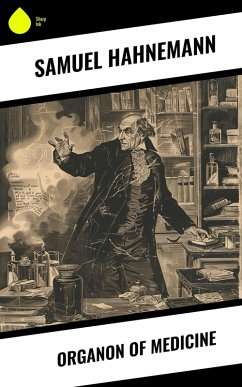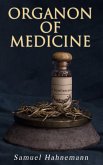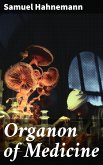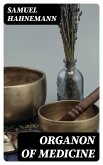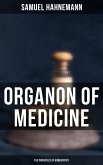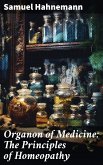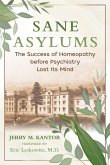In 'Organon of Medicine', Samuel Hahnemann articulates the foundational principles of homeopathy, offering a comprehensive examination of disease processes and their treatment. Written in a meticulous, didactic style that reflects the Enlightenment era's emphasis on rationality, Hahnemann's work challenges contemporary medical practices by advocating for a holistic and patient-centered approach. He meticulously outlines his observations, the Law of Similars, and the importance of minimal dosing, establishing a framework that not only redefines therapeutic intervention but also positions homeopathy within the broader context of 19th-century medical thought. Samuel Hahnemann (1755-1843) was a German physician whose dissatisfaction with the harsh medical practices of his time led him to develop homeopathy. His extensive medical training and personal experiences with ineffective treatments spurred him to seek a gentler method of healing that could restore balance and health. As a polymath deeply immersed in philosophy and science, Hahnemann synthesized various influences, such as the works of Hippocrates and modern chemistry, to construct a novel medical paradigm that countered the widespread medical dogma of his day. 'Organon of Medicine' is essential reading for both practitioners and students of medicine, as well as anyone interested in alternative therapeutic methods. Hahnemann's pioneering insights invite readers to reconsider the complexities of health and healing, making his text a timeless contribution to the field that continues to influence discussions around holistic healthcare today.
Dieser Download kann aus rechtlichen Gründen nur mit Rechnungsadresse in A, B, BG, CY, CZ, D, DK, EW, E, FIN, F, GR, HR, H, IRL, I, LT, L, LR, M, NL, PL, P, R, S, SLO, SK ausgeliefert werden.

